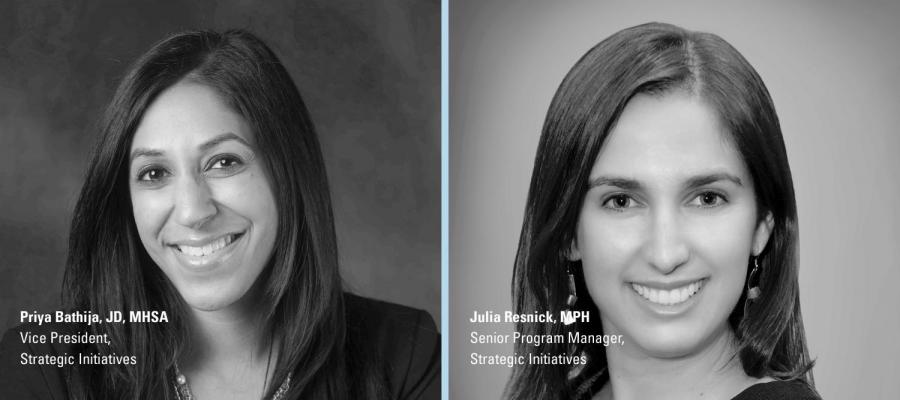Digging into the Reasons for Puerto Rico’s Successful COVID-19 Response

In June, we traveled to Fajardo, Puerto Rico to attend the annual convention for the territory’s College of Health Services Administrators, known as CASS. After our keynote presentation on how administrators and clinicians can convene to improve value for the patients and communities they serve, we had the opportunity to sit down with a group of health care leaders from around the island to discuss their experiences during the pandemic. With over 95% of the population receiving at least one dose of the vaccine – and nearly 84% fully vaccinated – we were interested in learning how Puerto Rico had been so successful at mitigating the impact of the COVID-19 pandemic. Over the course of a wide-ranging conversation, five themes arose that shed light onto their success.
- Vaccines and masks were not politicized. Puerto Ricans quickly recognized the ticket to returning to normal life was to wear a mask and get a COVID-19 vaccine. When vaccines became available, a vast majority of health care professionals quickly got vaccinated, which instilled a sense of trust. All of this was accomplished without politicizing the issue. Even now, people continue to voluntarily mask in public places.
- Community stakeholders were engaged from the start. Puerto Rico took a community-based approach to mitigating the impact of COVID-19 by engaging diverse stakeholders in the health care ecosystem and beyond. Building on their experience from past pandemics and vaccination efforts, local primary health centers and federally-qualified health clinics engaged their communities and used community health workers to augment their efforts. Public and private sectors worked together toward a shared goal – keeping their communities safe and healthy.
- Health care administrators approached the COVID-19 pandemic with a public health mindset. Unlike on the mainland, all health care administrators in Puerto Rico are trained in public health and receive certification to run health care facilities. This training enabled them to design their strategy with a communal mindset and focus on prevention.
- Puerto Rico did more with limited resources. During the pandemic, Puerto Rico received equal health care funding from the U.S. government for the first time. Such equality is not historically the case and as a result, Puerto Rican health care leaders are well-accustomed to doing more with less. With a payment rate of 99% from the Centers for Medicare & Medicaid Services for the COVID-19 vaccines, leaders were able to launch a robust response and make the most of the resources they have. As one health care leader put it, “When you treat us the same way you treat all the states, we deliver.”
- The government was consistent in its messaging. From the beginning of the pandemic, Puerto Rico’s government was open and consistent in its messaging about the virus. They used data to make informed decisions and communicated the reasons behind any changes in regulations. Throughout, their messaging revolved around the idea that masking and getting vaccinated was to protect your family and loved ones.
We left Puerto Rico inspired by how these health care leaders made the most of a situation that has challenged all of us. There is certainly a lot we can learn from how Puerto Ricans have united their community to keep one another safe during this ongoing pandemic. We look forward to more opportunities to learn from one another about how to address our nation’s pressing health issues.
Please visit www.aha.org/vaccineconfidence to explore AHA resources on COVID-19 vaccine distribution.
Priya Bathija, J.D., MHSA, is vice president of strategic initiatives at the American Hospital Association, where she oversees The Value Initiative and efforts related to maternal and child health and the societal factors that influence health. Julia Resnick, MPH, serves as AHA’s director of strategic initiatives.

